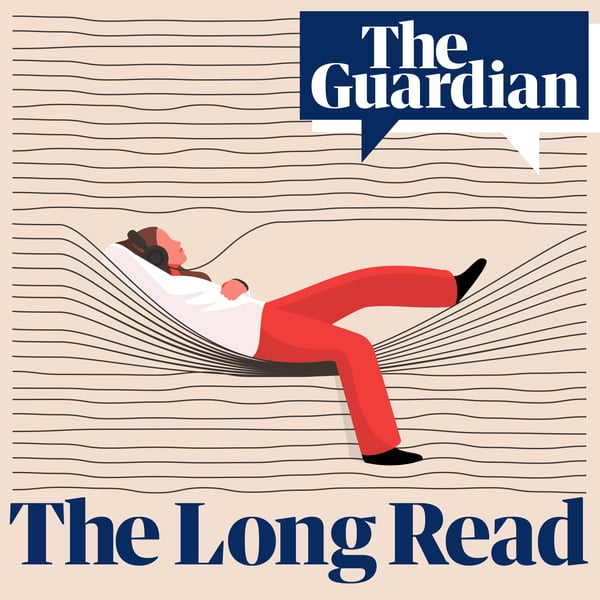Putin, Trump, Ukraine: how Timothy Snyder became the leading interpreter of our dark times
The Audio Long Read
The Guardian
4.3 • 2.4K Ratings
🗓️ 24 April 2023
⏱️ 53 minutes
🧾️ Download transcript
Summary
Transcript
Click on a timestamp to play from that location
| 0:00.0 | This is The Guardian. |
| 0:30.0 | The Guardian of our Dark Times by Robert P. Baird. |
| 0:48.0 | Last September, seven months after Russia launched a full-scale invasion of Ukraine, |
| 0:53.0 | the Yale historian Timothy Snyder took a 16-hour train ride from Poland to Kiev. |
| 1:00.0 | Snyder knew the city well. |
| 1:02.0 | He'd been visiting since the early 1990s when he was a graduate student |
| 1:06.0 | and the newly post-soviet Ukrainian capital was dark and provincial. |
| 1:11.0 | In the decades that followed, Kiev had grown bigger and more interesting. |
| 1:16.0 | And Snyder, who is now 53, had become an imminent historian of Eastern Europe. |
| 1:22.0 | On disembarking at the Kiev Pazarjursky station, |
| 1:26.0 | he found the city transformed by war. |
| 1:29.0 | There were sandbags everywhere, concrete roadblocks and steel hedgehogs |
| 1:35.0 | designed to stop Russian tanks, air raid warnings blared from phones and pockets and handbags. |
| 1:43.0 | Not everything was unfamiliar. |
| 1:46.0 | The first months of the war had gone relatively well for the Ukrainians, |
| 1:52.0 | a fact that surprised many observers but not Snyder, |
| 1:56.0 | and by September, Kiev was no longer an imminent danger of occupation. |
| 2:01.0 | Life, while not normal, was regaining some of its pre-war rhythms. |
| 2:07.0 | You could get a haircut at a barber shop, or hear stand-up at a comedy club, |
| 2:12.0 | or sunbathe on the shores of the Nipar River. |
| 2:16.0 | Snyder had come to speak at an annual conference, |
| 2:20.0 | a part of the European strategy, yes, which was founded in 2004 to promote ties with Europe. |
... |
Please login to see the full transcript.
Disclaimer: The podcast and artwork embedded on this page are from The Guardian, and are the property of its owner and not affiliated with or endorsed by Tapesearch.
Generated transcripts are the property of The Guardian and are distributed freely under the Fair Use doctrine. Transcripts generated by Tapesearch are not guaranteed to be accurate.
Copyright © Tapesearch 2025.

